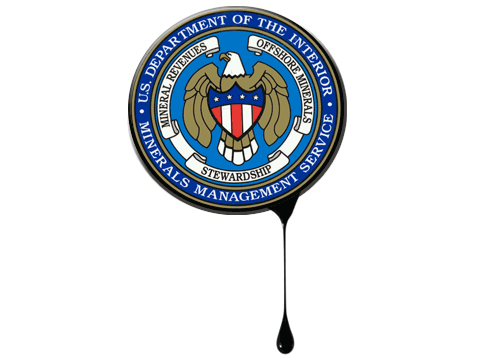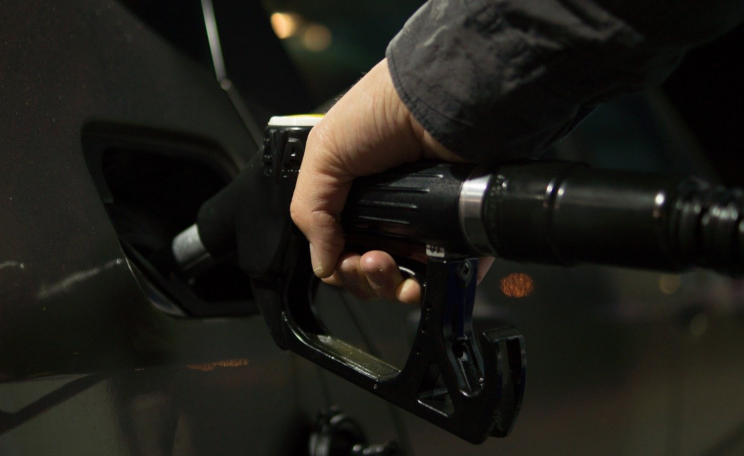The Gulf of Mexico oil spill was the result of a 'dangerous and risky' industry and not unique to BP, activists warned this week as the UK prepares to open up more of its waters to offshore energy companies.
The worst spill in US history occured after an explosion on a BP offshore oil rig, Deepwater Horizon, in the Gulf of Mexico. Eleven workers were killed in the blast while the spill continued for 87 days, leaking more than 200 million tonnes of crude oil into the sea.
In an internal investigation, released this week, BP attempted to spread the blame amongst other contractors working on the rig. A tactic Greenpeace and others say is aimed at reducing its sole vulnerability to future legal actions being brought by US fishermen and other businesses who have suffered as a result of the spill.
The spill has already cost the company £5 billion in clean-up and compensation claims.
Despite the investigation highlighting risky practices in the deepwater drilling sector, activists say the oil industry is attempting to keep the focus on BP.
'The industry is keen to make it sound like BPs problem,' explained Adam Ma'anit, an analyst at PLATFORM London. 'But this report shows the complexity of deepwater drilling and its vulnerability - accidents are happening all the time it is a ticking timebomb.
'How many more crisis need to happen before government wakes up to its responsibilities. What happened to BP is not unique, it is a dangerous industry and government needs to stop pretending otherwise,' he said.
BP's outgoing chief executive Tony Hayward is due to appear before MPs next week to give evidence about the risks of deepwater drilling in UK waters.
However, Greenpeace say the UK should not wait any longer before introducing an immediate ban on all deep water drilling. Tzeporah Berman, head of Greenpeace International's Energy Campaign, said oil companies could not be trusted to put the environment and safety ahead of the pursuit of profit.
Useful links
BP internal investigation
| READ MORE... | |
 |
NEWS ANALYSIS BP oil spill: can environmental crime ever be made to pay? Million dollar fines and compensation claims may dent the profits of BP and other companies admitting responsibility for ecological disasters but, on their own, are they enough of a deterrent? |
 |
NEWS ANALYSIS Toxic dispersants in Gulf oil spill creating hidden marine crisis More than 200 million tons of crude oil have gushed into the Gulf of Mexico since the rupture of Deepwater Horizon. The chemicals used to clean up the spill have received less attention but could have devastating long-term effects on the marine ecosystem |
 |
COMMENT MMS - the three initials behind the BP Deepwater Horizon oil disaster BP is in trouble. Big trouble. But others are to blame for the ongoing oil leak in the Gulf of Mexico, and the US Mineral Management Service is at the top of the list... |
 |
HOW TO MAKE A DIFFERENCE Ecocide: making environmental destruction a criminal offence Lawyer Polly Higgins is spearheading a campaign to have 'ecocide' recognised by the UN as an international crime against peace. But how will this work in practice? |
 |
INVESTIGATION Will high petrol prices help the environment? High petrol prices mean less demand and less pollution, right? Not necessarily, finds Mark Jansen. Our relationship with our cars is far more complex... |








